
How to use MASKING FLUID with your watercolors my tips and tricks for beginners YouTube
1.5K Share 100K views 4 years ago Learning Tools for Artists | Winsor & Newton Masterclass Apply different techniques to your water colour painting using Art Masking Fluid. - Art Masking.
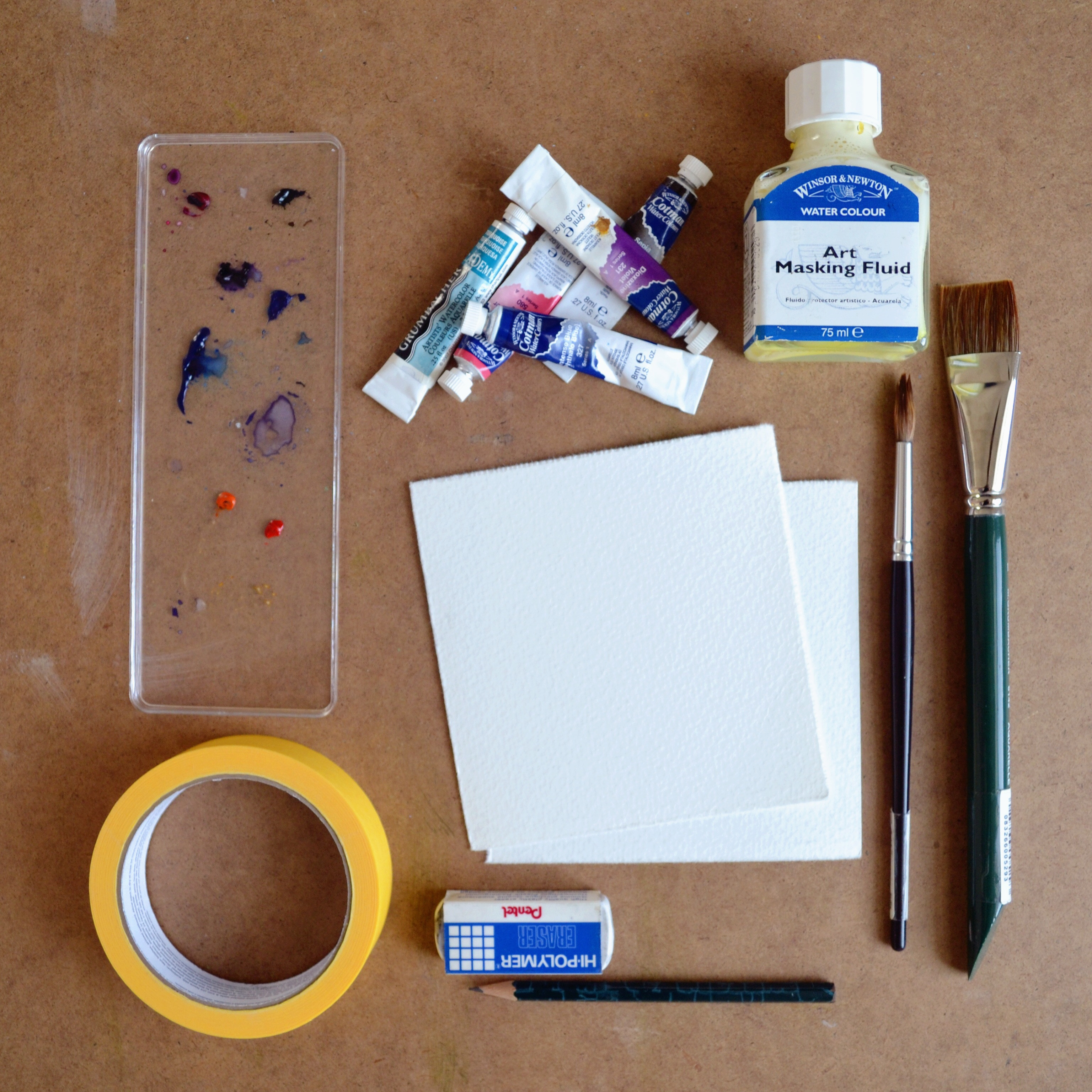
Best 23 Diy Masking Fluid Home Inspiration and Ideas DIY Crafts Quotes Party Ideas
SUMMARY: Masking fluid is a fantastic way to preserve the white of your paper and make your paintings sparkle. Discover how in this article. Have you tried using masking fluid in your watercolors? Masking fluid is an easy and proven way to include bright whites into your painting by using the white of your paper.

Best 23 Diy Masking Fluid Home, Family, Style and Art Ideas
Aug 21, 2014 #1 Good evening everybody, Has someone pleeease got a working recipe or how to to make your own masking fluid. I remember a couple of years ago there was a recipe floating around in one of the IPMS branches news letter in South Africa. But now it is unknown.
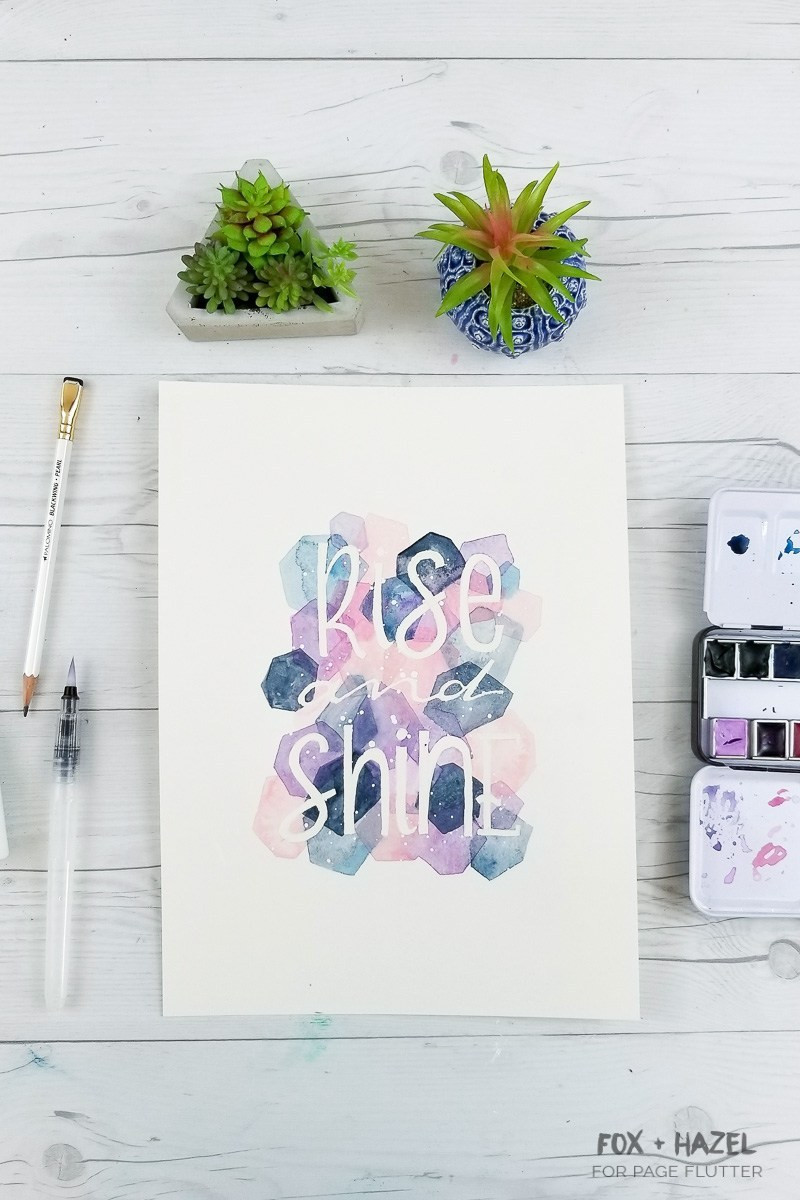
Top 23 Diy Masking Fluid Home, Family, Style and Art Ideas
Intro ARTHACK - DIY Art Masking Fluid - Make your own Resist for watercolour painting SunshineyDay 1.6K subscribers Subscribe 96K views 5 years ago Looking for an easy way to make a art.
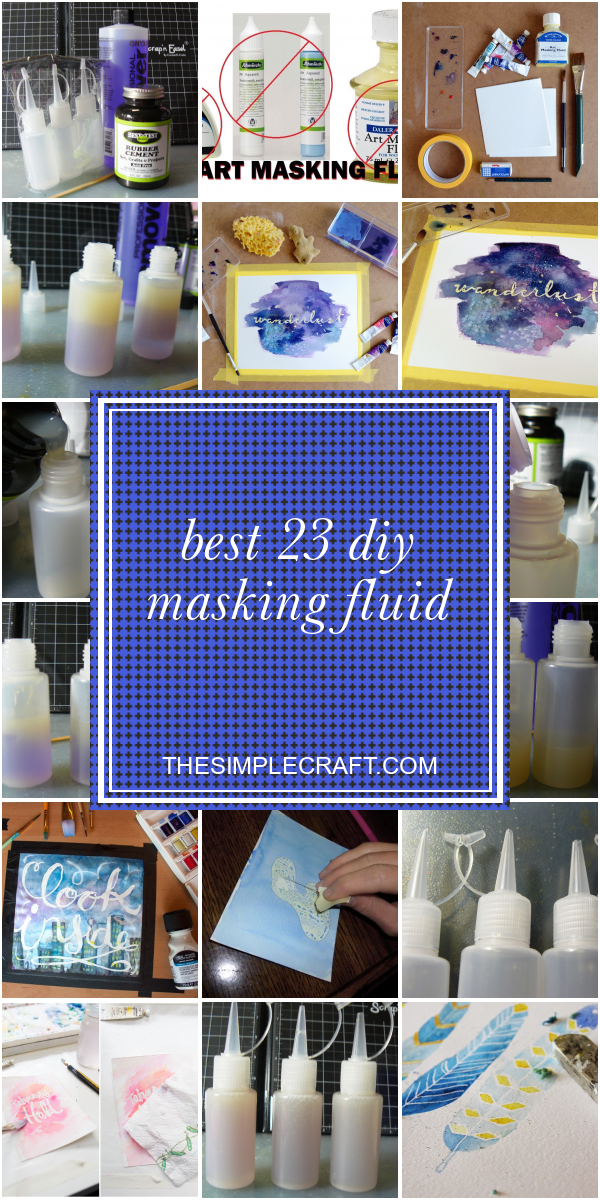
Best 23 Diy Masking Fluid Home Inspiration and Ideas DIY Crafts Quotes Party Ideas
What is masking fluid? Liquid masking fluid is a latex-based liquid medium that is used to mask the underlaying substrate or surface from the medium you are applying on it. Once the masking fluid is dry, the medium can be applied on top of it and the area with masking will be protected.

Best 23 Diy Masking Fluid Home, Family, Style and Art Ideas
Important tips: - Work fast and never allow the masking fluid to dry on your brush. - It is important to apply and remove the masking fluid when the paper is completely dry, if not it is easy to tear the paper when removing it. - Don't let the masking fluid more than a week, or it will get too difficult to remove and damage the paper.
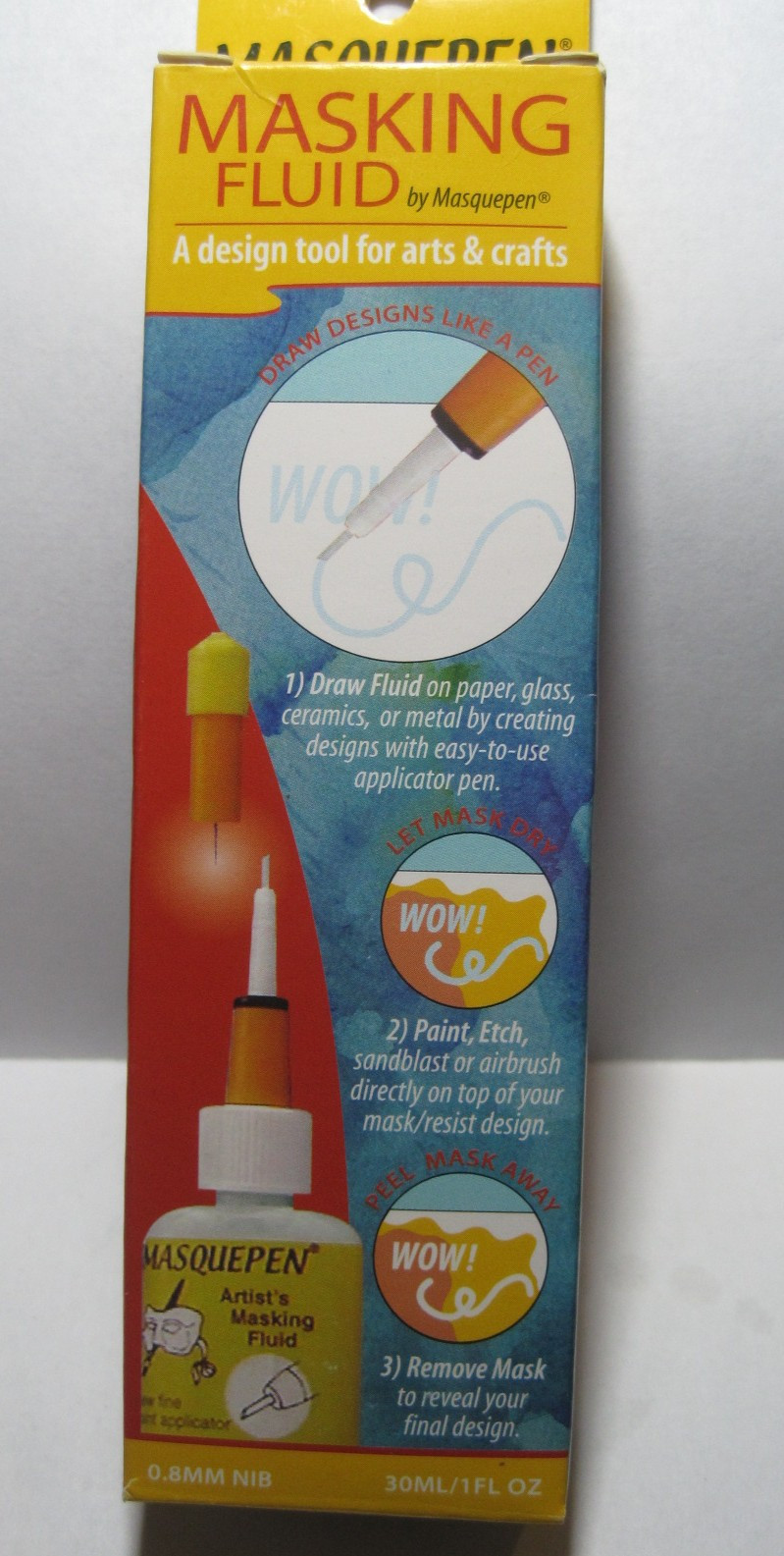
Top 23 Diy Masking Fluid Home, Family, Style and Art Ideas
The Complete Guide to Masking Fluid for Watercolours - YouTube Learn how to use masking fluid for watercolour painting with artist Rob Dudley in this watercolour painting tutorial.00:00 -.
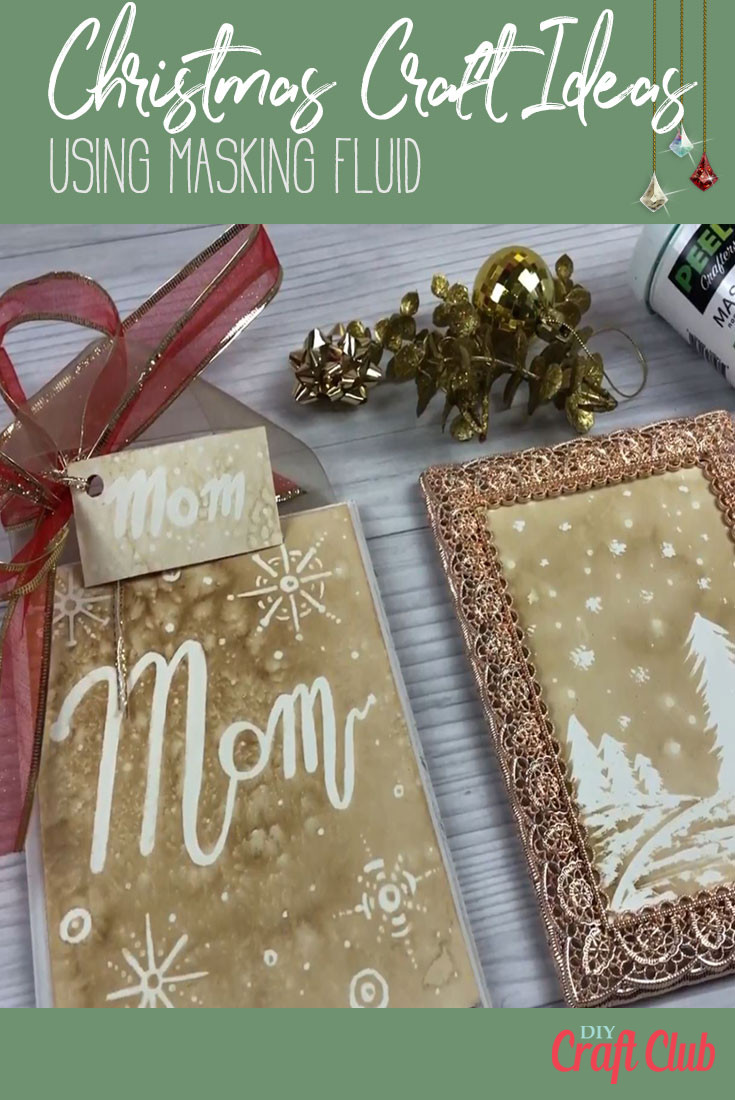
Top 23 Diy Masking Fluid Home, Family, Style and Art Ideas
Touch Up the Paint. Soften the edges of the paint. Masking fluid leaves hard edges between the masked and painted areas. To make these less stark, use a damp brush to reactivate the paint and blend out the edges. If you accidentally masked off a spot that you meant to paint over, you can also fill that area in now.
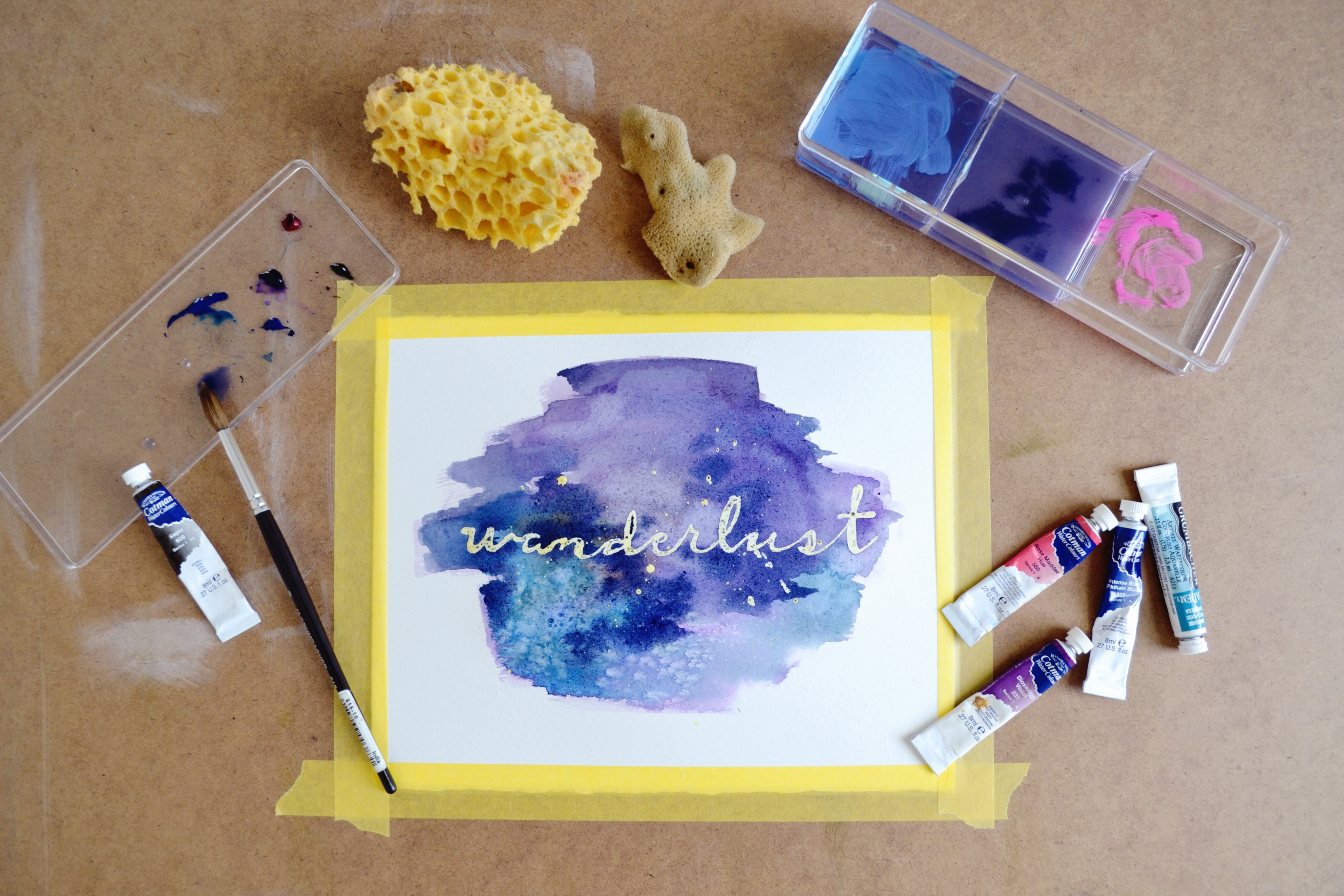
Best 23 Diy Masking Fluid Home Inspiration and Ideas DIY Crafts Quotes Party Ideas
It was important only to lift colour from the 'feathery' side of the reed head. This lifting and softening of one edge would help to create the illusion of the flower head moving in the soft autumnal breeze. Step 7. Once the previous stage was dry, I removed the masking fluid and assessed the reed heads.

Best 23 Diy Masking Fluid Home, Family, Style and Art Ideas
Add Water — But Sparingly. If your fluid becomes too thick, you can add a drop or two of water to thin it out and make it easier to spread. Just don't go crazy. Adding too much alters the masking fluid's resistant properties. If you thin the fluid too much, it'll end up adhering to the paper and become a real pain to peel off later.

How To Use Masking Fluid On CoffeeStained Paper
I used masking fluid for watercolours, which is a type of rubber that, when applied, will preserve the area underneath, leaving it paper-coloured even if a watercolour wash is applied over the top. To make these cards, I used: MATERIALS. Watercolour paints. Masking fluid. Watercolour paper or thick card stock with a nice 'tooth' to absorb the paint
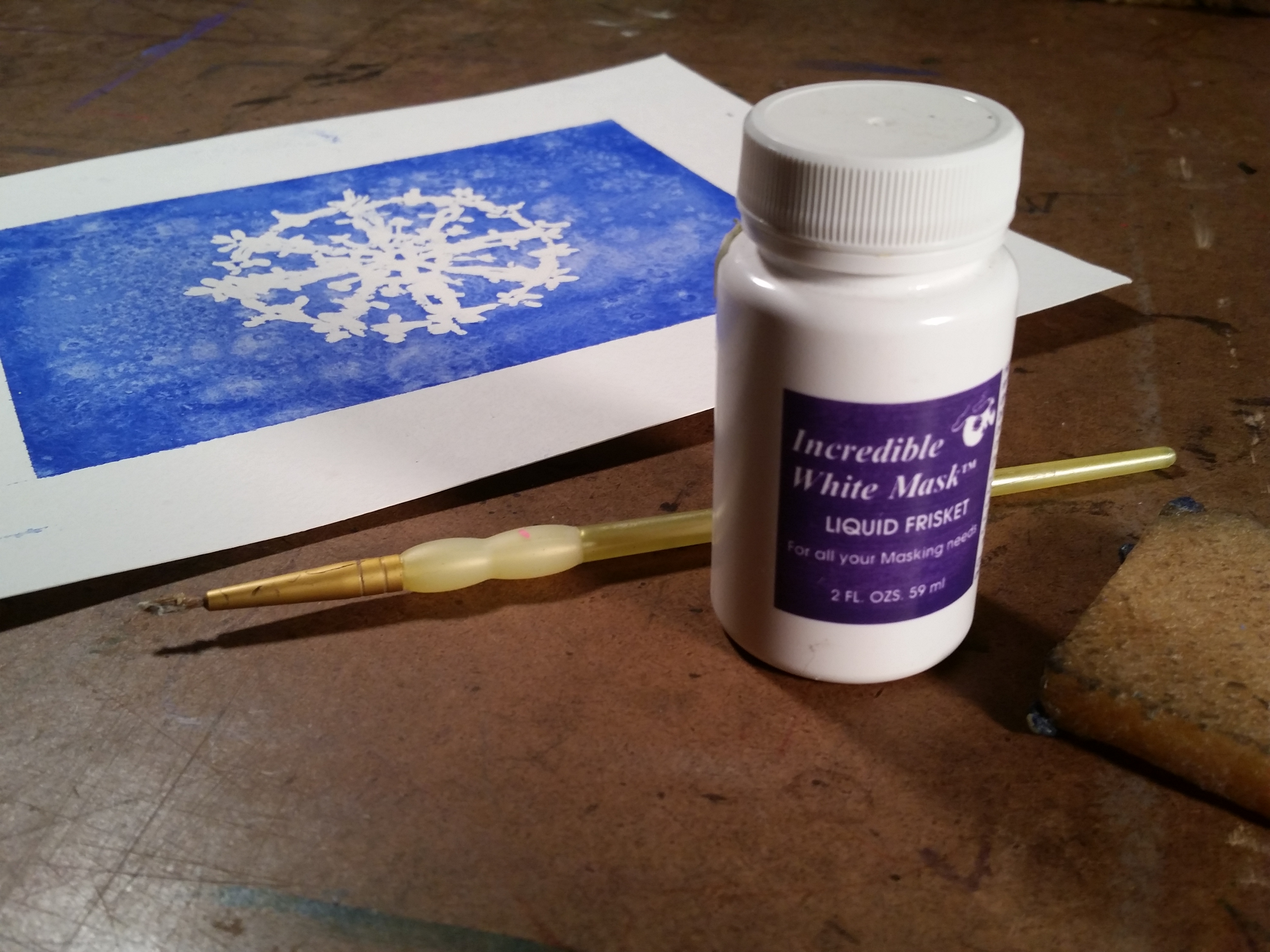
Diy Masking Fluid / Galaxy Watercolor Wall Art With Masking Fluid Diy Unglued Looking for an
1. Plan thoroughly To get the most out of masking fluid, it should be considered very carefully at the planning stage of a painting. In most cases it is applied before any paint comes into contact with the paper. The marks made and left by the medium on its removal have to be carefully appraised.

Top 23 Diy Masking Fluid Home, Family, Style and Art Ideas
Technically, if you want to keep things really simple you can just use rubber cement as masking fluid. All you have to do is apply it to the paper wherever you don't want the paint to go, allow it to dry and then paint over it. When the paint is dry, just gently remove the rubber cement to reveal the paper underneath.

Express Your Creativity! Mask, Fluid, Craft tutorials
2. Apply the masking fluid in a thin, even layer. Thick layers of masking fluid are more difficult to remove and can alter the color of the paint underneath. 3. Allow the masking fluid to dry completely before painting over it. 4. When removing the masking fluid, use a soft eraser or a rubber cement pickup.
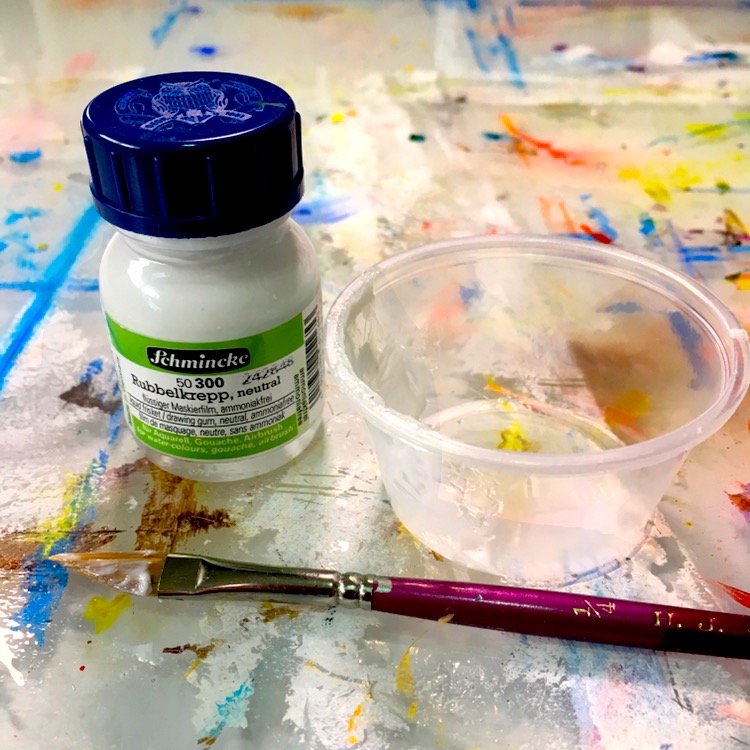
Diy Masking Fluid / Galaxy Watercolor Wall Art With Masking Fluid Diy Unglued Looking for an
Easy Watercolor Background (using just 4 colors) A brilliant range of masking fluid tools, techniques and helpful tips to use in your own watercolor paintings.Knowing how to use masking fluid.

usingwatercolormaskingfluid Watercolor masking fluid, Watercolor paintings, Watercolor pouring
To make your own masking fluid, start by pouring a small amount of latex paint into the container. Add enough water to make a thin liquid, and mix well. Apply the masking fluid to the areas of the paper that you want to protect with a brush or a cotton swab. Let the masking fluid dry completely before painting over it with watercolors.